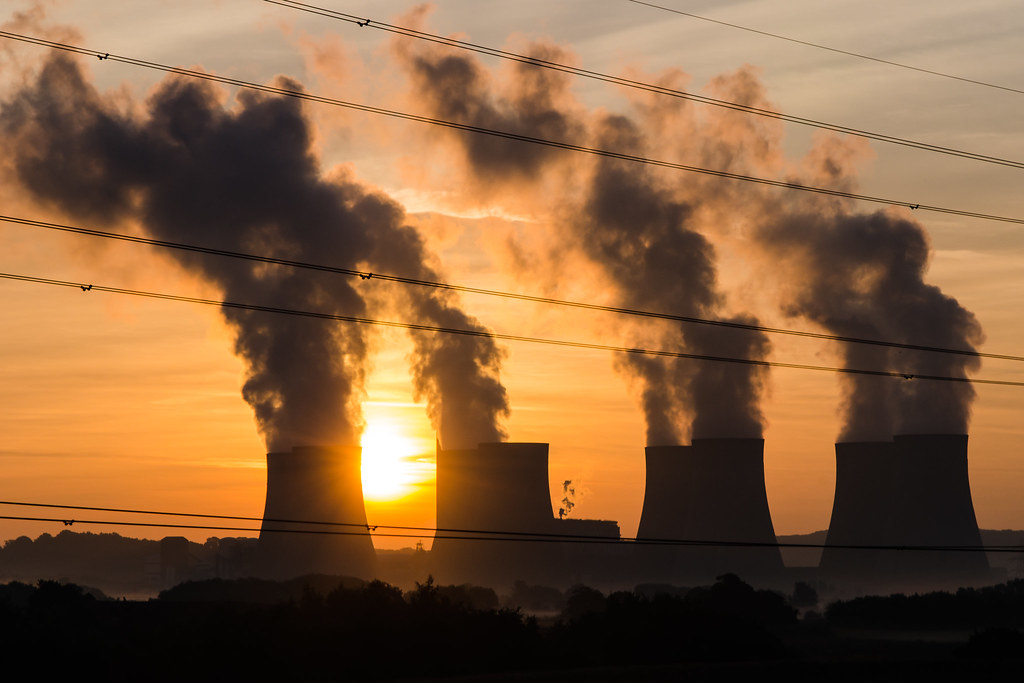Beef Cutbacks: A Climate Game-Changer
A study suggests high-income countries could cut beef production by 13%, potentially removing 125 billion tonnes of CO2 from the air. The reduction could complement efforts to decrease fossil fuel emissions, enabling significant reforestation and carbon sequestration on converted pasturelands.

- Country:
- India
In an eye-opening study, researchers claim that high-income countries could significantly impact carbon capture by cutting beef production by 13%. This reduction would allow forests to regrow on freed pastureland, theoretically removing an astounding 125 billion tonnes of carbon dioxide from the atmosphere.
According to the research team, mainly from New York University, this approach is not a replacement but a strong addition to existing measures aimed at reducing fossil fuel emissions. The study's authors highlight that changes in beef production, especially in wealthier nations, could allow natural forests to thrive, absorbing carbon and enhancing climate efforts.
Despite the focus on high-income regions, the strategy could be broadened. By improving feeding efficiency in lower-income regions, global beef production could become more sustainable, creating a dual benefit for both the climate and food supply chains worldwide, said study lead author Matthew N Hayek of New York University.
(With inputs from agencies.)










